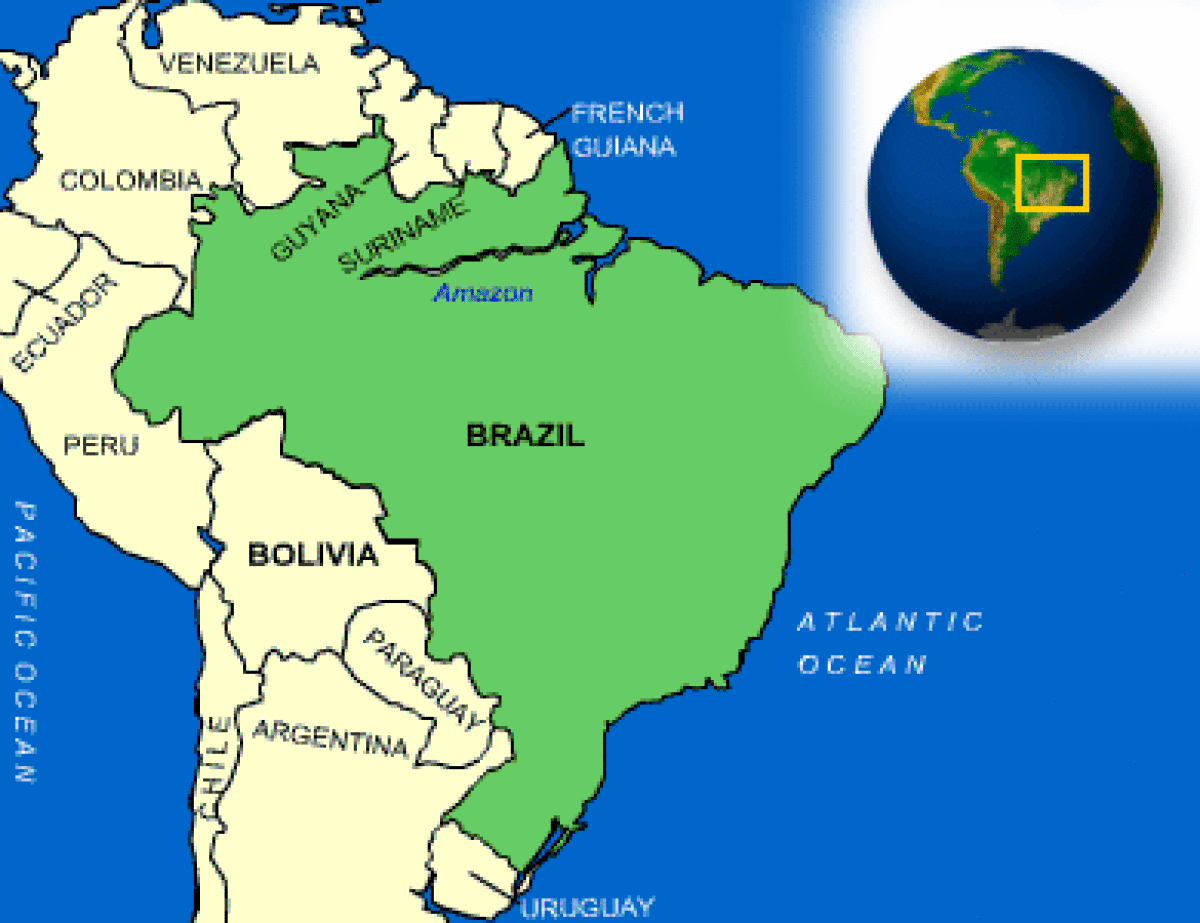Though the majority of german speakers reside within germany, german is the official language of four other countries: switzerland, austria, luxembourg, and liechtenstein. it’s also spoken in some parts of northern italy, as well as in the french provinces of alsace and lorraine.. German (deutsch ()) is a west germanic language that is mainly spoken in central europe.it is the most widely spoken and official or co-official language in germany, austria, switzerland, south tyrol (), the german-speaking community of belgium, and liechtenstein.it is also one of the three official languages of luxembourg.the languages which are most similar to german are the other members of. 1. some facts and numbers. german is spoken by about 100 million native speakers plus another 100 millions second language speakers. it's the most widely spoken language in the eu and one of the most widely spoken languages in the world (10th)..
Interesting german language facts. if you’re thinking about learning german it’s always good to know a little about the origins and history of the language you are learning. here, cactus language offers up our most interesting german language facts: 1. the origins. The german language is primarily spoken in germany, where it is the first language for 95% of the population. it is also widely spoken in austria with 89% of the population speaking it as their first language.. Middle high german (mhg, german mittelhochdeutsch) is the term used for the period in the history of the german language between 1050 and 1350. it is preceded by old high german and followed by early new high german ..

